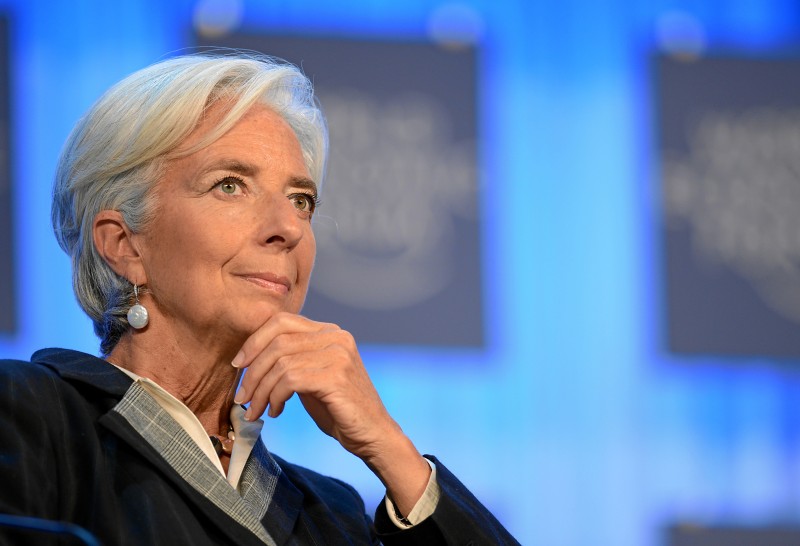In a terse statement issued yesterday, Feb. 10, Lagarde criticized the country’s slow progress on reform and said that without substantial new effort, it was hard to see a successful outcome.
The IMF’s statement follows the dramatic resignation last week of Ukraine’s economy minister, Aivaras Abromavicius, who accused Igor Kononenko, an associate and business partner of President Petro Poroshenko, of thwarting anti-corruption efforts.
In an interview with OCCRP partner Kyiv Post, Douglas Rediker, a former member of the IMF’s executive board, explained that “the recent resignation of the minister of economy and his pointed allegations were not a surprise… but clearly pushed [the IMF] further into a corner in which fund rules, in spite of remaining goodwill, are being sorely tested.”
Ukraine’s embattled economy is in a deep recession, contracting more than 7 percent in the last year. Interest rates on Ukrainian bonds have risen sharply and the country’s currency, the hryvnia, is very weak, according to the Guardian.
The loan program, agreed in February 2015, provides more than US$ 17 billion of IMF funding and additional resources from the international community. Together, it represents around US$ 40 billion of financial support for Ukraine over four years.
The IMF altered its lending rules last December to allow financial support for countries that have failed to repay other state creditors. The change effectively prevents one government from vetoing a bailout of another.
As Ukraine has outstanding payments on a US$ 3 billion debt to Russia, the new rule was widely seen as a pre-emptive move to stave off potential economic interference from the Kremlin.






